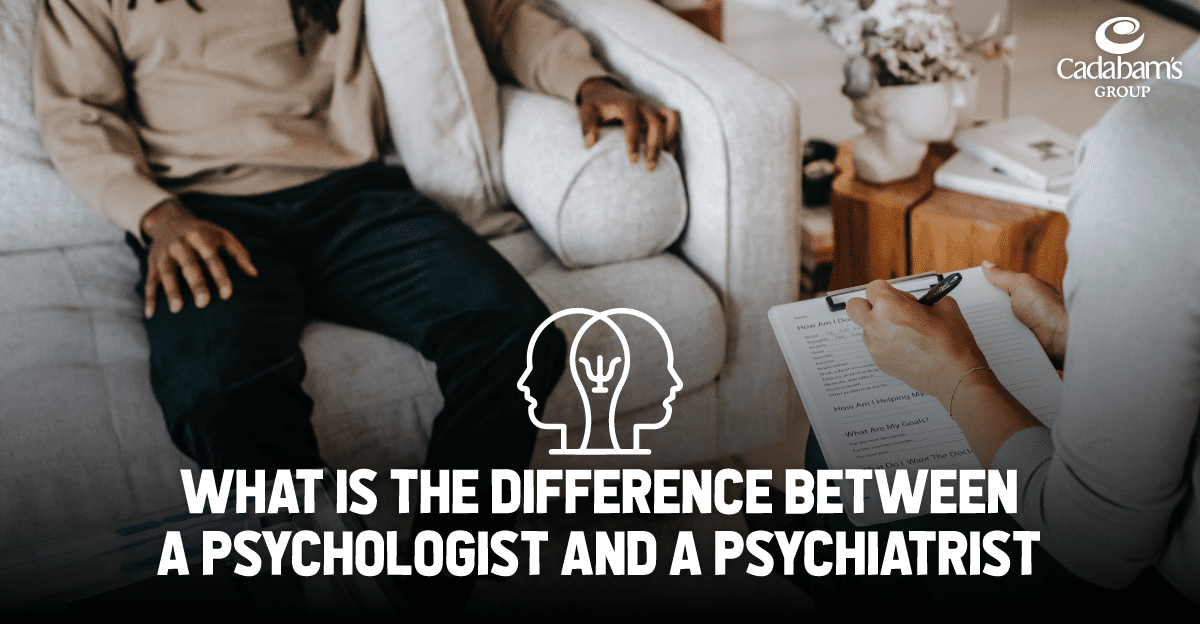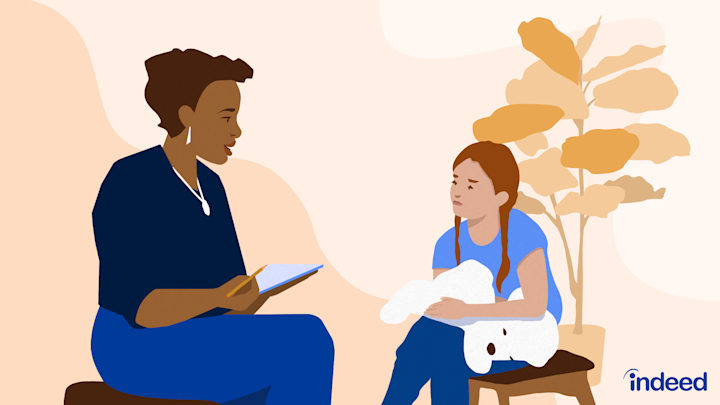Discovering the Keys of the Best Psychologist in Delhi for Anxiety Relief
Discovering the Keys of the Best Psychologist in Delhi for Anxiety Relief
Blog Article
Psych Therapy: A Comprehensive Overview to Strategies and Results

Cognitive-Behavioral Treatment
Cognitive-Behavioral Treatment (CBT) is an extensively used psychotherapeutic method that concentrates on identifying and modifying useless thinking and behavior patterns. Created in the 1960s by Aaron T. Beck, CBT incorporates behavioral and cognitive concepts to attend to various psychological wellness issues, including depression, anxiety, and stress-related conditions. The facility of CBT is that maladaptive thoughts add to emotional distress and maladaptive actions. By restructuring these ideas, people can accomplish substantial enhancements in their emotional health and everyday performance.
CBT is characterized by its organized, ambitious nature. Therapy generally entails a joint procedure in between the therapist and client, where particular issues are determined, and useful strategies are established to address them. Methods such as cognitive restructuring, direct exposure treatment, and skill-building exercises are typically utilized. Cognitive restructuring involves difficult and changing unfavorable thought patterns, while direct exposure therapy aims to reduce fear and anxiousness through gradual direct exposure to been afraid objects or scenarios.
Evidence-based study supports the efficiency of CBT for a wide array of mental disorders - Best Psychologist in Delhi. Its focus on skill acquisition and self-help strategies empowers clients to proceed development independently after therapy ends. The versatility and effectiveness of CBT have actually made it a foundation in contemporary psychotherapeutic technique
Psychodynamic Techniques
Rooted in the early theories of Sigmund Freud, psychodynamic strategies concentrate on exploring the subconscious mind and its influence on actions and feelings. These approaches aim to reveal concealed thoughts and sensations that may be driving maladaptive actions and psychological distress. Central to this technique is the principle of internal dispute, usually coming from unresolved past experiences, specifically those from childhood.
Therapists utilizing psychodynamic methods use a number of key techniques, consisting of cost-free association, where people are encouraged to talk easily to disclose subconscious material, and dream evaluation, which translates the unexposed content of desires. Additionally, the expedition of transfer and countertransference dynamics within the restorative partnership is essential. These communications can provide insights right into the person's internal globe and relational patterns.
Psychodynamic treatment is generally longer-term compared to various other modalities, providing a comprehensive and deep understanding of the individual's subconscious. Research indicates that it can be particularly efficient for intricate psychological health problems, such as personality disorders and chronic anxiety. By promoting self-awareness and psychological understanding, psychodynamic treatment seeks to bring unconscious product to awareness, allowing people to attain lasting and meaningful adjustment in their lives.
Humanistic Methods
Building on the foundations laid by psychodynamic strategies, humanistic methods provide an unique point of view concentrated on specific possible and self-actualization. Coming from in the mid-20th century, these strategies focus on the inherent goodness and growth potential of people, emphasizing an alternative sight of human experience. Secret numbers such as Carl Rogers and Abraham see Maslow have actually dramatically affected this restorative technique, which includes methods like client-centered therapy and Gestalt therapy.
Client-centered therapy, developed by Rogers, plays a pivotal duty in humanistic methods. The therapist's function is more of a facilitator than an authority, encouraging customers to harness their internal resources for recovery.
Gestalt therapy, another crucial humanistic technique, highlights present moment awareness and the assimilation of body and mind. By concentrating on the "below and now," clients obtain better understanding into their existing feelings and behaviors. Strategies such as role-playing and guided visualization are frequently employed to assist clients get a much deeper understanding of themselves, ultimately causing enhanced self-awareness and satisfaction.
Integrative Therapies
Integrative treatments represent a synthesis of different therapeutic strategies tailored to satisfy the one-of-a-kind needs of each customer. This approach recognizes the complexity of human psychology and the complex nature of mental health problems. By integrating components from various schools of psychotherapy-- such as cognitive-behavioral treatment (CBT), psychodynamic treatment, and humanistic approaches-- integrative therapies provide a more adaptable and all natural therapy standard.
Specialists of integrative treatment assess each client's certain demands, signs, and personal history to create a personalized treatment plan. This personalized method enhances the capacity for restorative success by resolving the origin causes of psychological distress and advertising total wellness. Methods may include mindfulness workouts, cognitive restructuring, and psychological processing, each selected to target various aspects of the client's issues.
Moreover, integrative treatments emphasize the healing partnership, checking out the client-therapist bond as a crucial component of reliable treatment. This partnership promotes a helpful atmosphere where clients really feel risk-free to explore and resolve their concerns. The adaptability of integrative therapies makes them suitable for a wide variety of conditions, consisting of anxiety, depression, injury, and interpersonal troubles, thus enhancing their applicability and effectiveness in varied clinical settings.

Gauging Therapy Outcomes
Reviewing the efficiency of psychotherapy is crucial for both clinicians and customers to guarantee that the treatment is generating the preferred end results. To accomplish this, different techniques and tools are employed to determine therapy end results systematically. Standard evaluation instruments, such as the Beck Anxiety Inventory (BDI) and the Generalized Anxiety Disorder 7 (GAD-7), provide measurable information on symptom extent and modifications with time.
Along with standardized devices, qualitative methods like client self-reports and professional interviews provide useful insights into the individual experiences and viewed progression of clients. Consistently arranged assessments, normally at the start, navel, and end of treatment, help in tracking the trajectory of renovation or identifying locations requiring adjustment.
Outcome measurement is not restricted to signs and symptom decrease; it learn the facts here now likewise encompasses functional enhancements in everyday life, such as better interpersonal partnerships, raised job efficiency, and boosted overall well-being. Modern developments in electronic health have introduced mobile apps and on the internet systems that promote real-time surveillance and feedback, even more improving the analysis procedure.
Eventually, a thorough method to determining therapy outcomes guarantees that healing treatments are reliable, reliable, and customized to fulfill the individual needs of customers, therefore enhancing the general therapeutic experience.
Conclusion
Psychotherapy provides a diverse range of techniques focused on dealing with particular mental wellness problems and improving total health. Cognitive-Behavioral Therapy and psychodynamic techniques target subconscious impacts and inefficient thoughts, specifically. Humanistic strategies concentrate on individual growth and self-actualization, while integrative treatments incorporate multiple approaches for tailored therapy plans. Assessing therapy results through standardized assessments and qualitative approaches makes certain a detailed understanding of performance, ultimately guiding customers toward sustaining mental health and wellness improvements.
From the organized technique of Cognitive-Behavioral Therapy (CBT) to the deep exploration of the subconscious in psychodynamic therapy, each approach brings special advantages. Its focus on skill purchase and self-help strategies empowers customers to proceed development independently after therapy concludes (Best Psychologist in Delhi). Trick figures such as Carl Rogers and Abraham Maslow have actually considerably affected this healing technique, which encompasses methods like client-centered treatment and Gestalt therapy

Report this page